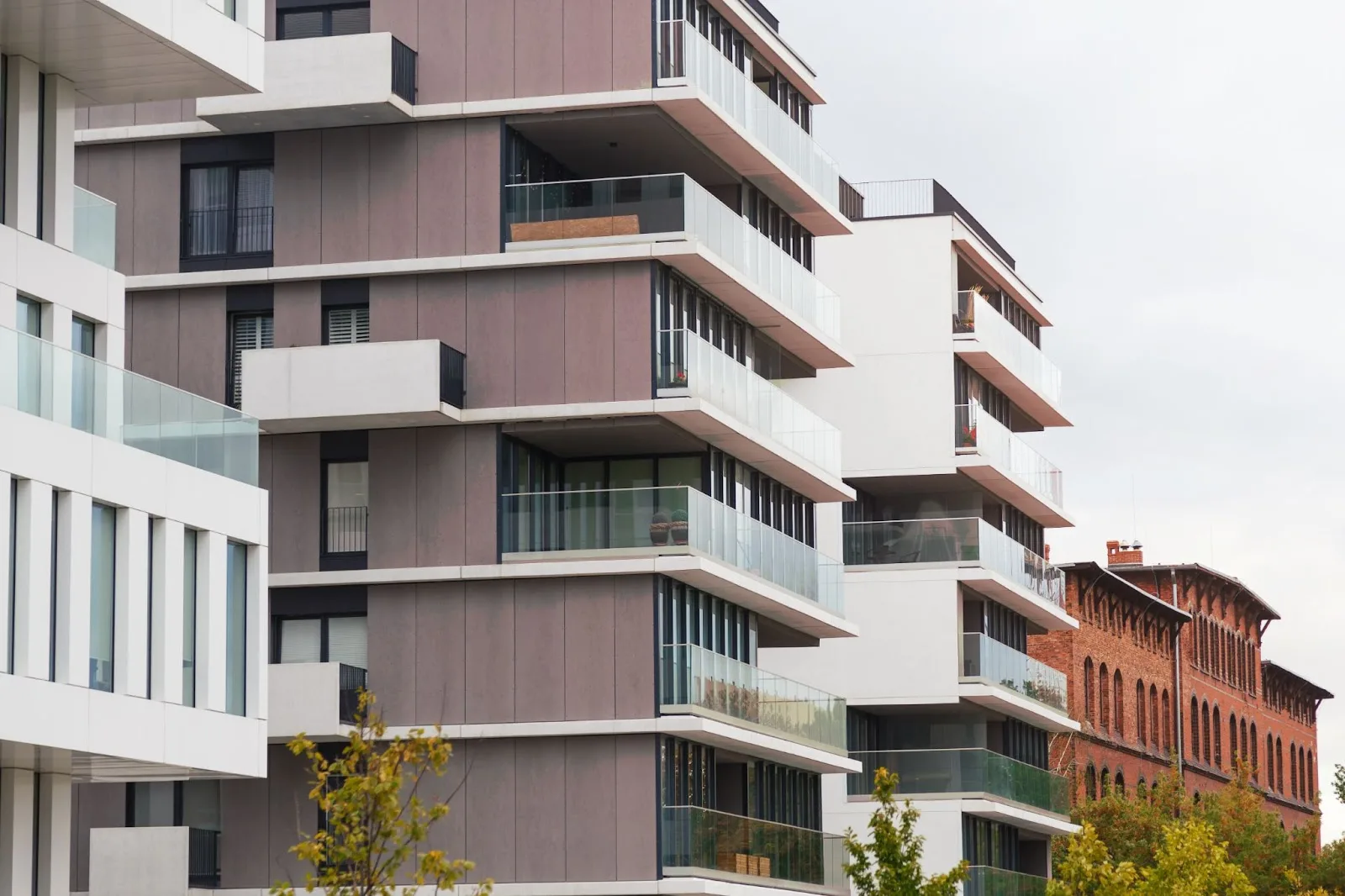Making a decision about where to live in Lagos is not always easy. With the vibrant economy and high population, the demand for housing is on a continuous upward spiral. While traditional rentals have long been the go-to choice, there’s a new trend in town: short lets. These fully furnished apartments are available for short-term rental spanning days or weeks, just like a hotel.
So, which is the better fit for you? Let’s break down the pros and cons of both short lets and traditional rentals, helping you decide which option meets your needs—whether you’re planning to settle in Lagos or just visiting.
Join our WhatsApp ChannelHow the Rental Market is Changing in Lagos
Lagos rental market has changed a lot in recent years. This is so because of the high number of transient people in the state. With more people moving around—whether for business, events, or just exploring—short lets have become a popular alternative. This rental option provides flexibility and can be rented for a few days, weeks, or even months, and they even offer more comfort than a hotel.
However, the choice between short lets and traditional rentals is not a one-size-fits-all decision, as several factors, such as cost, flexibility, amenities, and personal preferences, need to be carefully considered to select a suitable option.
Comparing the Cost of Short Lets with Traditional Rentals
With the debilitating economy of the nation, it has become increasingly important to be cost-effective in spending, and Lagosians are actively seeking housing options that will serve their needs while providing the best value for their money. It is no surprise then that cost is one of the most critical factors to consider when choosing between short lets and traditional rentals in Lagos.
Prime Business Africa has weighed some factors to help you compare the cost of short lets with traditional rentals. See them below:
- Short lets offer higher rates and greater flexibility, while traditional rentals have lower monthly costs and long-term stability.
Short lets tend to be more expensive on a per-night basis. For instance, a short let apartment in a prime area of Lagos could cost between ₦20,000 and ₦60,000 per night, depending on the location, amenities, and duration of stay. This high cost is due to the short-term nature of these rentals, which are designed to provide maximum convenience and flexibility.
However, the absence of long-term commitments makes short lets appealing to those who can afford the premium. Travellers or professionals on short assignments can benefit from the flexibility of paying only for the days they need, without the burden of upfront costs associated with long-term leases.
Traditional rentals, on the other hand, offer a more affordable monthly rate. A standard one-bedroom apartment in Lagos might range from ₦500,000 to ₦2,000,000 per year, depending on the area. While the upfront payment for traditional rentals often includes one or two years of rent, agency fees, and sometimes legal fees, the overall cost per day is significantly lower than that of short lets.
This makes traditional rentals more cost-effective for long-term residents who are looking to save money over time. However, the requirement to pay a large sum upfront can be a barrier for some, particularly for those who are new to the city or on a tight budget.
- Short lets provide more flexibility, but traditional rentals provide stability and predictability.
Flexibility is another crucial consideration when choosing between short lets and traditional rentals. The primary advantage of short lets is their flexibility. For individuals who need temporary housing for a few days, weeks, or months, short let provisions are best to serve that need.
So whether you are in Lagos for business, attending a special event, or in between permanent homes, short lets allow you to stay in fully furnished apartments with the freedom to extend or shorten your stay as needed. The flexibility of short lets extends to the types of properties available since there are various kinds to fit different individuals’ preferences and budgets.
For traditional rentals, however, the flexibility option is less, but more stability and predictability are offered to those seeking long-term housing options. Tenants have the security of a fixed home for an extended period, typically one to two years. This stability is beneficial for families, professionals, and students who prefer to settle in a community, build relationships, and avoid the hassle of moving frequently.
Moreover, traditional rentals often come with the advantage of negotiating lower rent increases over time, especially in areas where the demand for housing remains steady.
- Comparing amenities and convenience
Short lets are usually fully furnished and come with a range of amenities designed to make your stay as comfortable as possible. These can include:
- High-Speed Internet: Essential for business travellers and remote workers.
- Housekeeping Services: Regular cleaning services that are typically included in the rental price.
- Utilities: Electricity, water, and sometimes even satellite TV or streaming services are often included.
- Security: Many short let apartments are located in secure estates or gated communities, offering peace of mind to tenants.
Short lets eliminate the need to worry about setting up utilities or purchasing furniture, making it an attractive option for those who value convenience and are willing to pay for it.
In contrast, traditional rentals often come unfurnished. However, this gives tenants the freedom to personalise their space and create a home that reflects their tastes and needs. Additionally, tenants in traditional rentals are responsible for setting up and paying for utilities, which can add to the overall cost but also provide greater control over monthly expenses.
- Type of Renters: Who Benefits the Most?
Short lets are perfect for:
- Business Travellers: Professionals on short assignments or attending conferences in Lagos.
- Tourists: Visitors in Lagos who prefer the comfort of a home-like environment over hotels.
- Expatriates: Foreign nationals who need temporary accommodation while searching for permanent residence.
- Locals in Transition: Lagos residents who are renovating their homes or between moves.
Traditional rentals, on the other hand, are more suited to:
- Families: Those looking for a stable environment to raise children and build a community.
- Students: University students who require affordable, long-term housing near their campus.
- Professionals: Individuals working in Lagos who prefer lower monthly costs and a stable living arrangement.
- Locals: Long-term residents who want to establish a permanent home in the city.
Conclusion
When deciding between short lets and traditional rentals in Lagos, it is important to consider your specific needs, budget, and lifestyle. If you value flexibility and convenience and are willing to pay extra for a short-term stay, short lets can be a great option. On the other hand, if you prioritise long-term stability, lower monthly costs, and the ability to personalise your living space, traditional rentals may be the better choice for you.
Both options have their advantages, depending on what you’re looking for. Whether you are a transient traveller or a long-term resident, understanding the pros and cons of each option will help you make an informed decision that aligns with your housing needs in this vibrant city of Lagos.

















Follow Us